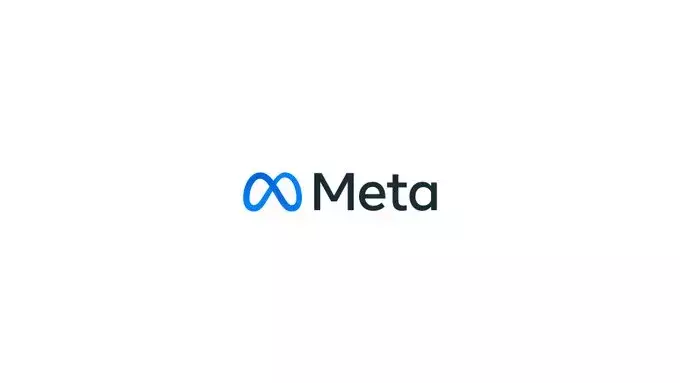In an age where digital platforms are ubiquitous, understanding the fine print of user agreements is crucial for maintaining privacy and compliance. Recently, Meta has introduced several updates to its Terms of Service and Community Standards, which users need to navigate carefully. These updates have been communicated to users through a new in-stream pop-up alert, designed to grab attention and ensure users are aware of changes that might affect their interaction with Meta’s suite of applications.
The Essence of Agreement: Meta’s Opening Statement
One of the most notable changes comes in the form of a restructured opening paragraph in the Terms of Service. This paragraph now emphasizes a fundamental aspect of user interaction: by accessing any of Meta’s applications, users are automatically agreeing to the terms outlined. “These Terms therefore constitute an agreement between you and Meta Platforms, Inc. If you do not agree to these Terms, then do not access or use Facebook or the other products and services covered by these Terms.” This explicit directive serves a dual purpose – it aims to clarify the contractual nature of the relationship between users and the corporation while distancing Meta from users who choose to proceed without reading the terms.
However, this approach raises a vital question about user awareness and the inherent responsibility they possess when navigating digital platforms. The mere act of checking a box to show agreement should not serve as a shield for companies against complaints about the terms users may not fully understand. As digital literacy grows, it is essential for companies like Meta to ensure their messaging is user-friendly and accessible.
Another significant portion of the update involves stricter language regarding platform misuse, particularly concerning the scraping of data. The updated terms unequivocally state, “You may not access or collect data from our Products using automated means (without our prior permission) or attempt to access data you do not have permission to access, regardless of whether such automated access or collection is undertaken while logged-in to a Facebook account.” This clause is especially crucial given the increasing number of legal disputes surrounding data scraping, and it provides clarity that being logged into a service does not grant permission to harvest data freely.
This language not only serves as a deterrent against data scraping but also underscores Meta’s intention to protect user data fiercely. However, it’s important to consider whether these regulations are sufficient in an era where automated data collection is becoming more sophisticated. As users become more aware of the implications of their data being harvested, one can wonder if Meta’s efforts are reactive rather than proactive.
Understanding the Impact of Avatar and AI Terms
As technology continuously evolves, so do the ways users interact with Meta’s applications, particularly concerning avatars and artificial intelligence (AI). It is noteworthy that Meta has introduced specific stipulations regarding these features. Users are informed that separate terms apply when engaging with avatars or AI products. “If you use Avatars, then the Avatar Terms also apply. If you use our AI products and features, the Meta AI Terms also apply.” This segmentation of terms ensures that users understand the implications of sharing their personal data, especially regarding generated content, such as selfie videos or interactions with AI tools.
Moreover, the need for clarification on the sharing of AI interactions with third parties introduces a layer of skepticism surrounding user privacy. If Meta needs to involve other companies like Google or Bing to provide relevant search results, what does this mean for user trust? Transparency is essential in these situations, and users deserve clear communication about how their data might be utilized beyond their immediate interactions with the platform.
While the updates to the Terms of Service are extensive, changes to the Community Standards merely involve a reorganization. Meta is consolidating the Community Standards that apply across its platforms—Facebook, Messenger, Instagram, and Threads—into a single, easy-to-access location. This move reflects a desire for improved usability, allowing users to have a clearer understanding of the community guidelines they are expected to follow.
Ultimately, these changes might simplify access, but they emphasize the need for continued user engagement with these documents. Given that users are often more inclined to bypass reading such guidelines, a more engaging presentation that highlights key points might be necessary.
Final Thoughts: User Awareness in a Privacy-Challenged World
As Meta rolls out these updates, the critical lesson for users is understanding their rights and obligations when engaging with technology. The reality is that while Meta strives to protect its platform through these new guidelines, it is ultimately up to users to educate themselves on the intricacies of what they are agreeing to. Navigating the digital landscape requires vigilance—users must engage with these updates actively rather than passively accepting terms that may significantly influence their online experience.


Leave a Reply
You must be logged in to post a comment.